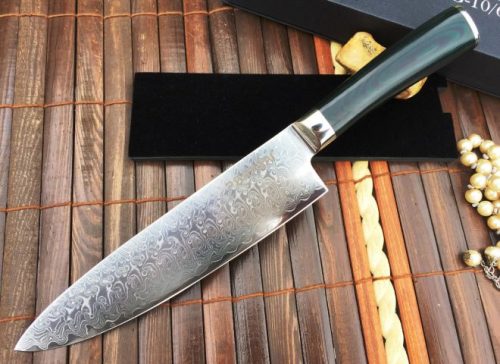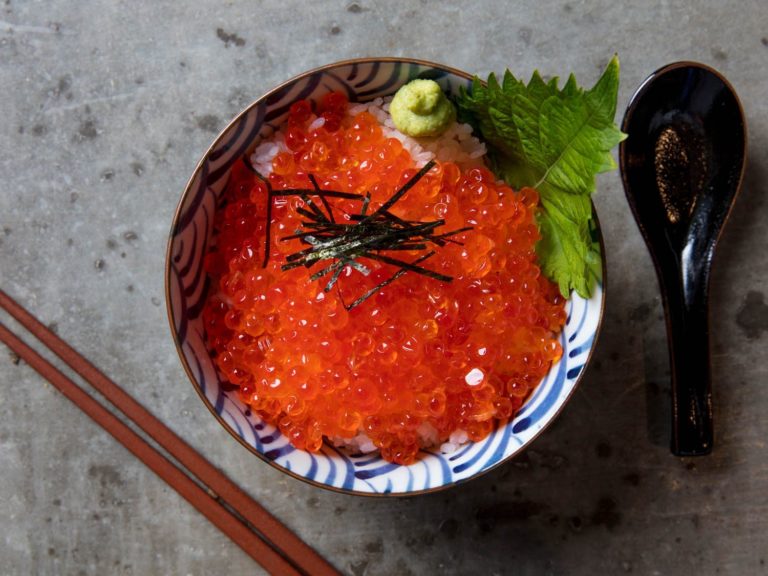Everyone involved in the food industry and sector knows the importance of having a good supply chain.
You need to get your food product supplies from somewhere, and you need them supplied at the time you require them and in the quantity or amount you require as well.
But apart from this, you need to think about supplier safety and quality standards and make sure they are according to your own set of standards as well.
But while there may be plenty of food suppliers from which you could choose, it pays to know what to look for – and what questions to ask.
Here, then, are the top questions you should ask a prospective food supplier before choosing them for your business.
Remember the basics
There is one thing you should do before you ask questions from a prospective food supplier – and this is to find out as much information about them as you can. First of all, check the different kinds of services they provide.
Do they simply supply food, or do they offer other value-added services such as technical support and even engineering? Some food suppliers offer this, and it is a point in their favour.
You can also try to find out more about their prices and see if they are competitive in their pricing – is their pricing similar to other food suppliers, and if they are higher, what makes them different?
Perhaps they place more emphasis on the quality of their food products or they make it a point to source from good manufacturers or sources, so find out about this as well. Once you have gathered the relevant information, it’s time to connect with them and ask them some important questions.
The Top Questions to Ask your Potential Food Supplier:
- What are your policies regarding food quality and safety?
Food suppliers will need to have a certain set of standards when it comes to the safety and quality of their products, and you need to make sure of this as well.
Do they have any procedures or processes in place to ensure the quality and safety of their food?
What about the management of their systems for processing? Is it automated, and if not, how safe and efficient is it? If you need food products that are sensitive to temperature changes, then you need a food supplier who has a good system for managing and monitoring temperature, for instance.
You may also want to know where the products or ingredients are sourced by the supplier, especially if provenance, as well as traceability, are important to you.
- Who are your current clients?
It would also be good to ask your prospective food supplier who their existing clients are. If you ask them and they present you with a list, it can tell you some invaluable data about how they operate and who they really are in the industry.
Do they work with clients around the globe? This may mean that they have a good network, and they are used to dealing with huge and varied demands. Do they work closely with small and independent businesses?
This could also be a good thing, although if you need huge bulk order, you have to make sure they can meet your needs.
You may also want to speak with related businesses to know who their suppliers are; this can come in handy as well if you need a particular kind of food product and their supplier already supplies them with it.
For instance, if you are looking for fruit juice concentrate suppliers UK, then consider speaking with another business that has this supplied to them and see who they can recommend.
- Are you a member of any organization, or do you have accreditation?
Of course, it’s essential for your food supplier to have the proper certificates so they can provide you with the quality and safety you need.
If they have accreditation in the industry or are members of an organization, this is also a good thing because it likely means that they will follow set rules and regulations and will have high standards in place.
- Will the food I require be readily available when I need it?
Even if you are speaking with a big food supplier who has many clients, this doesn’t always mean that they will be able to supply you with your specific requirements. It’s also best to ask them whether the food you require will always be available to you, whether on a certain schedule or when you need it.
You would need to check their food supply’s availability and check if they carry your precise needs, whether it’s part of your core supply or part of your specialty requirements.
It goes without saying that you should choose a supplier who can present you with the exact food ingredients or items you need at the time you need it.
And if your food item requirements aren’t easily available or obtainable from most distributors, then you really have to look around for someone who can give you expressly what you need and who may even be specializing in your item.
What else can you offer in terms of seasonal items, items on credit, and so on?
You should also ask your prospective food supplier if they can offer you anything else in terms of seasonal food products or items you may need and what they can offer you in terms of a credit line.
Would they also be able to deliver the goods you need on holidays or weekends?
When you ask them these questions, then you can better establish how organized they are and how structured their operation really is – and the more structured it is, the better for you in the end.
It is also wise to remember that you may need more than one food supplier for your specific needs – although it’s easier to deal with just a single food supplier, your requirements may be more than what an individual supplier can deliver.
If you need staples, it’s best to rely on one single food supplier, but if you need specialty items, you can look around for a supplier who specializes in these.
If you can find a supplier who supplies everything you need, then this is lucky indeed – so take advantage of such a supplier so your food requirements will always be in order.







